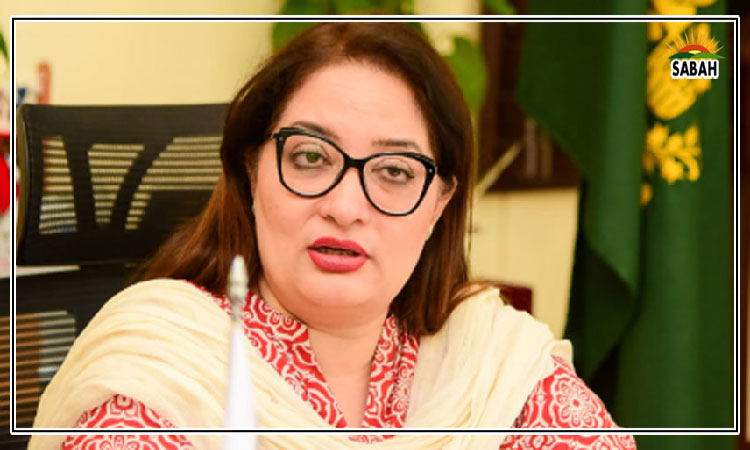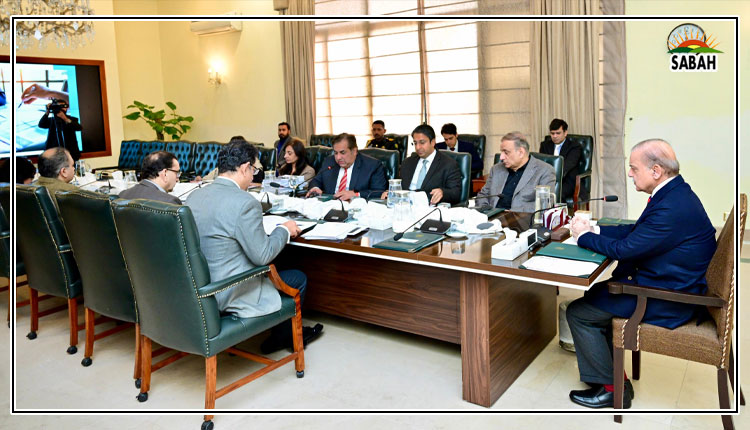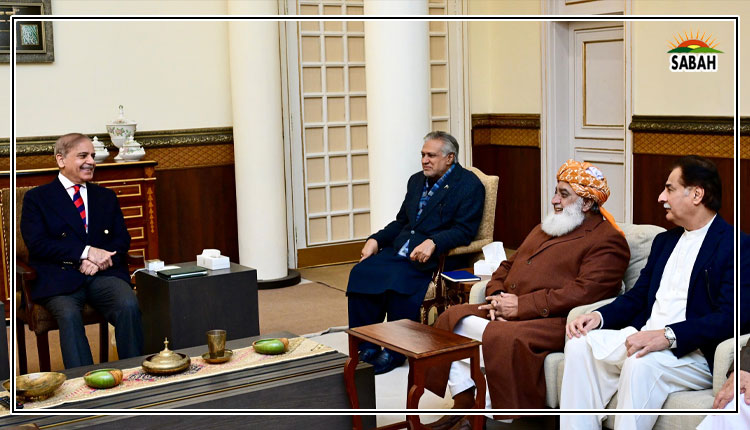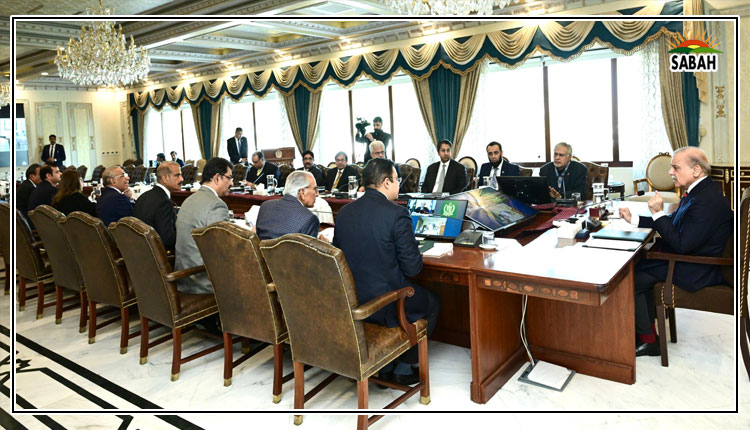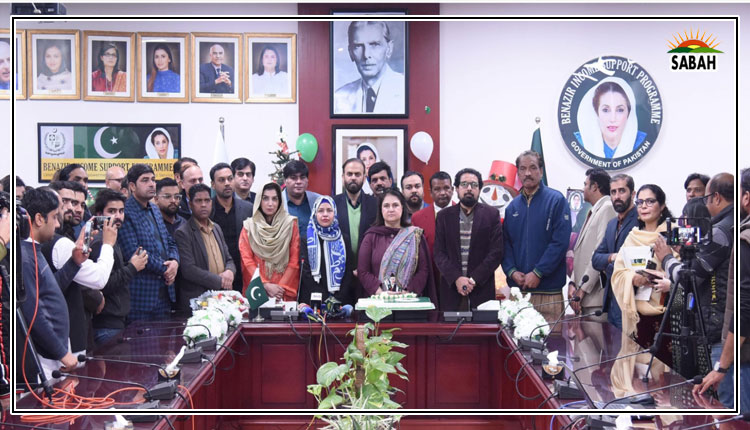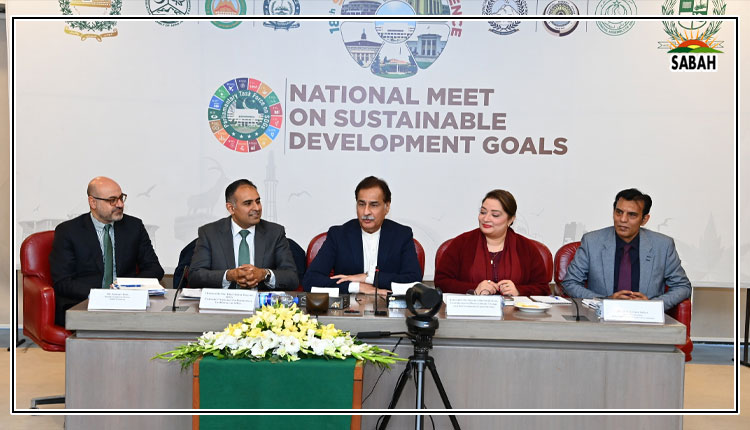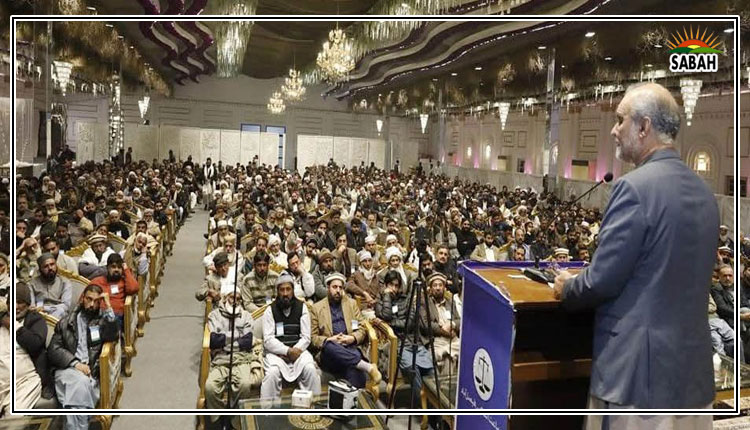UN, China among others acknowledge Pakistan’s efforts on SDGs: Ayaz Sadiq
ISLAMABAD, Dec 20 (SABAH): A National Meet on Sustainable Development Goals (SDGs) convened by the SDGs Secretariat brought together policymakers, international organizations, and provincial representatives to address Pakistan’s progress and challenges in meeting the 2030 agenda.
Sardar Ayaz Sadiq, Speaker of the National Assembly, emphasized the importance of continued global and domestic recognition of Pakistan’s efforts. “We’ve been acknowledged by the UN, China, and other nations for our dedication to the SDGs. Now, it’s time to scale these efforts at the provincial level,” he said. The gathering underscored the nation’s unique challenges, including climate vulnerability, economic instability, and gender inequality, while highlighting ongoing efforts to align development policies with global SDG priorities.
Romina Khurshid Alam, PM’s Coordinator for Climate Change, reiterated the critical role of parliamentary and provincial task forces in driving legislative and policy action. “The SDGs represent the most important political agenda for Pakistan,” she stated, praising the country’s leadership at international forums such as COP29 and the V20 group of vulnerable nations.
She added that the Ministry of Climate Change has launched several initiatives, including budget climate tagging and the Green Tech Hub at NUST, which fosters innovation in climate-related technologies.
Bilal Azhar Kayani, Convener of the SDGs Parliamentary Taskforce, recounted Pakistan’s journey as the first country to establish a dedicated parliamentary body for the SDGs. He emphasized that political commitment remains critical to addressing complex development challenges and achieving targets.
Marriyum Aurangzeb, Punjab’s Senior Minister for Environment and Climate Change, presented the province’s Climate Resilience and Clean Air Action Plan, which includes a Green Master Plan for Lahore and a dedicated force to monitor and combat smog. “Our focus on low-carbon development and reducing polluted air days is already yielding results,” she noted.
Dr. Abid Qaiyum Suleri, Executive Director, Sustainable Development Policy Institute (SDPI), spotlighted the disproportionate impact of climate change on Pakistan. The country, contributing less than 1% of global greenhouse gas emissions, faces significant challenges due to erratic monsoon patterns, glacial melt, and rising sea levels.
Suleri praised Pakistan’s efforts at COP27, where it successfully lobbied for the establishment of the Loss and Damage Fund, although the fund remains inactive. He urged for enhanced climate financing and stressed that “climate justice means that the largest polluters must bear responsibility.”
The economic challenges are compounded by Pakistan’s high debt burden, which, as speakers noted, limits the country’s ability to fund sustainable development initiatives. With an estimated $14 billion required to meet its Nationally Determined Contributions (NDCs), the country must navigate complex global financing mechanisms to stay on track, Dr Suleri said.
Dr. Samuel Rizk, UNDP’s Resident Representative in Pakistan, highlighted the urgency of addressing existential goals such as zero hunger, quality education, and health. “The SDGs framework offers nations a roadmap for sustainable development, but with only five years left, decisive action is crucial,” he warned.
Despite significant strides in some areas, he said Pakistan ranks 145th out of 146 countries on the gender gap index. “Integrating women into the workforce is critical for economic growth,” said Samuel Rizk, noting that 60% of Pakistan’s population is under 30, presenting a unique opportunity for investment and innovation.



